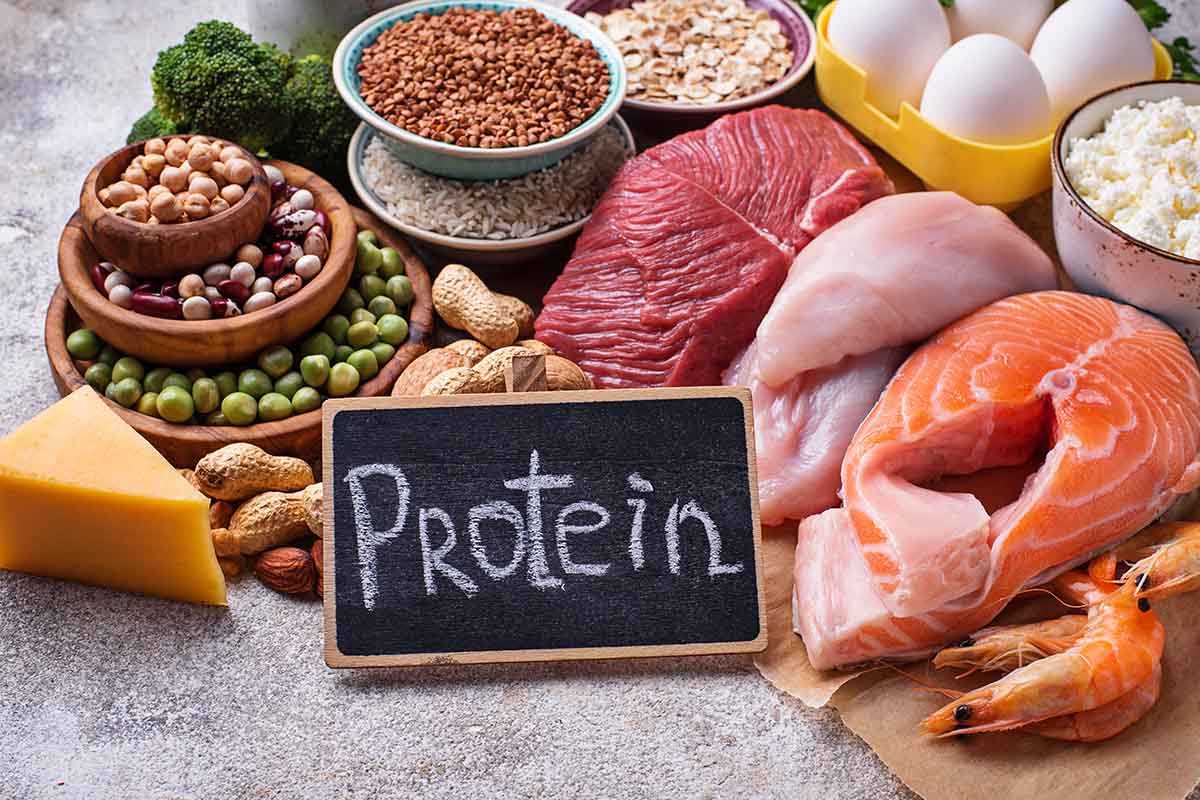How Much Protein Do I Need Every Day?
Protein is one of the three crucial macronutrients found in food.
For those who are trying to lose weight through a ketogenic diet, it is essential to understand the role of protein and how to consume it properly.
The human body produces 11 of the 20 amino acids it needs. The remaining nine that the body cannot provide come from, ingested in food.
These essential amino acids are completely available from animal meat.
But certain plants contain some of these amino acids, which can also be a good source of it.
Although consuming plant protein on keto is allowed, doing so needs to be limited because of the high carbohydrate content.
The role in the body
Since amino acids are an essential component of the human body, there is no doubt that it is important. The following are some of the functions:
- Muscle growth and repair. Every day, your body breaks down the protein found in your muscles. To facilitate muscle synthesis, you need a consistent supply. To prevent losing muscle, you need to consume dietary supply and couple it with resistance exercise.
- Keep internal organs, nails, hair, bones, and skin healthy. For these parts of the body, protein is not as rapidly synthesized, but you still need amino acids to replace damaged and old cells.
- Create enzymes and hormones. The body produces important hormones such as insulin which are also made of protein. Similarly, enzymes. If you want your body to produce a healthy supply of enzymes and hormones, you need to eat protein regularly.
In addition to these functions, it is also important in controlling weight.
If you consume more, you will feel fuller for a more extended amount of time.
How much do you need to eat each day?
Those who are on a ketogenic diet and tackling a protein diet are typically recommended to eat 1.2-1.7 grams of protein for every kilogram of body weight.
But this general recommendation only applies to people who are healthy and are not suffering from a particular health condition.
If a person is on a ketogenic diet for therapeutic purposes, protein intake may be limited to less than 1 gram per day for every kilogram of body weight.
You can also customize the amount you eat each day, depending on the following conditions.
- For people who are overweight, instead of calculating your protein intake based on your current weight, use your ideal body weight instead.
- Spread out your protein intake to several meals and aim to consume at least 20 grams for every meal.
- Children need a high amount, and so do older people.
- Women who are going through menopause will also benefit from higher intake.
- People who are actively engaged in resistance training and weight lifting need to increase their intake.
These general guidelines may still vary depending on the individual circumstances of a person.
To ensure that you are getting the right amount of protein according to your age, health condition, or lifestyle, consult a nutritionist for assistance.




















